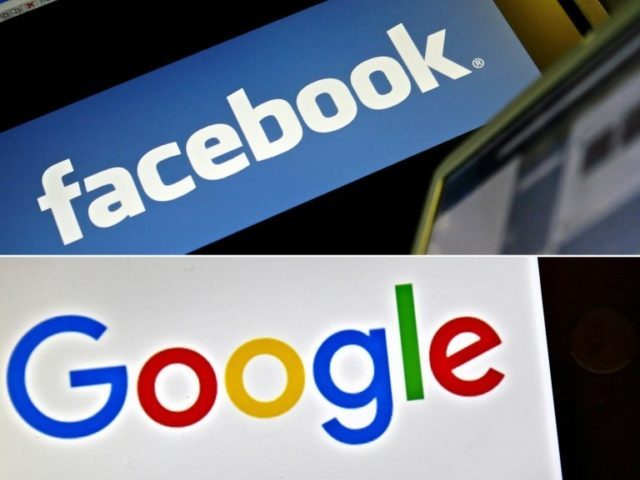The CEO of search engine DuckDuckGo recently published an op-ed on CNBC outlining why Google and Facebook must be prevented from tracking users every move.
The op-ed written by Gabriel Weinberg, CEO and founder of DuckDuckGo, was published by CNBC. Weinberg alleges that the only way to advance data privacy is to crack down on companies such as Google and Facebook.
To make any real progress in advancing data privacy this year, we have to start doing something about Google and Facebook. Not doing so would be like trying to lose weight without changing your diet. Simply ineffective.
The impact these two companies have on our privacy cannot be understated. You may know that hidden trackers lurk on most websites you visit, soaking up your personal information.
Weinberg went on to further outline just how overreaching the power these two companies hold is:
What you may not realize, though, is 76 percent of websites now contain hidden Google trackers, and 24 percent have hidden Facebook trackers, according to the Princeton Web Transparency & Accountability Project. The next highest is Twitter with 12 percent. It is likely that Google or Facebook are watching you on many sites you visit, in addition to tracking you when using their products.
As a result, these two companies have amassed huge data profiles on each person, which can include your interests, purchases, search, browsing and location history, and much more. They then make your sensitive data profile available for invasive targeted advertising that can follow you around the Internet.
Weinberg described how this information is used to “hyper-target” ads to users:
Because of their entrenched positions in a wide array of Internet services, each collecting personal information that together combine into these massive digital profiles, Google and Facebook can offer hyper-targeting much better than the competition.
As a result, they now make up 63 percent of all digital advertising, and accounted for 74 percent of this market’s growth in 2017, according to eMarketer. Together they form a tight digital advertising duopoly, showing no signs of abating.
According to Weinberg, regulation is the answer to these issues:
Don’t be fooled by claims of self-regulation, as any useful long-term reforms of Google and Facebook’s data privacy practices fundamentally oppose their core business models: hyper-targeted advertising based on more and more intrusive personal surveillance. Change must come from the outside.
Unfortunately, we’ve seen relatively little from Washington. Congress and federal agencies need to take a fresh look at what can be done to curb these data monopolies. They first need to demand more algorithmic and privacy policy transparency, so people can truly understand the extent of how their personal information is being collected, processed and used by these companies. Only then can informed consent be possible.
Read the full op-ed at CNBC.
Lucas Nolan is a reporter for Breitbart News covering issues of free speech and online censorship. Follow him on Twitter @LucasNolan_ or email him at lnolan@breitbart.com

COMMENTS
Please let us know if you're having issues with commenting.